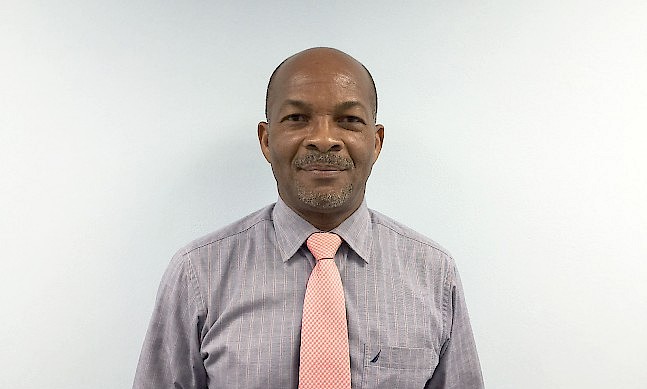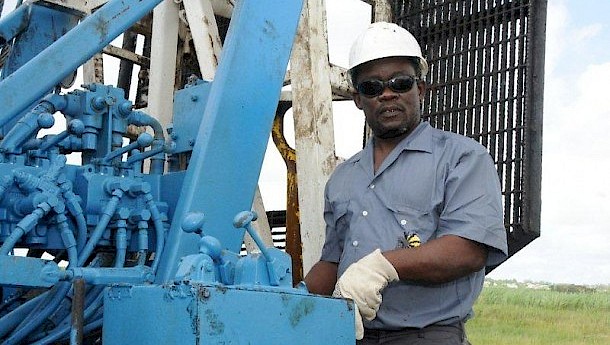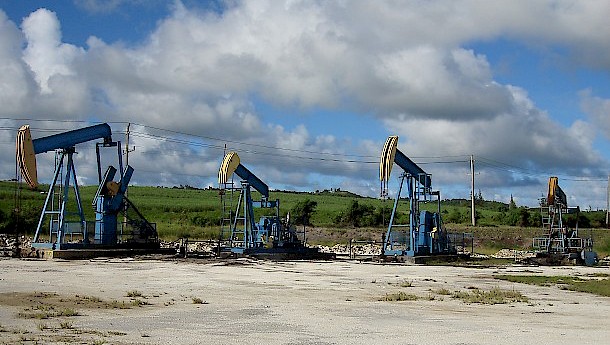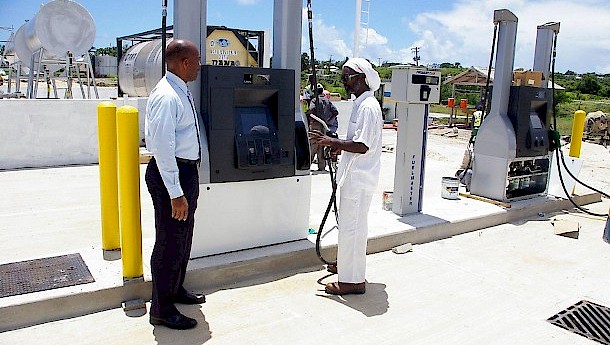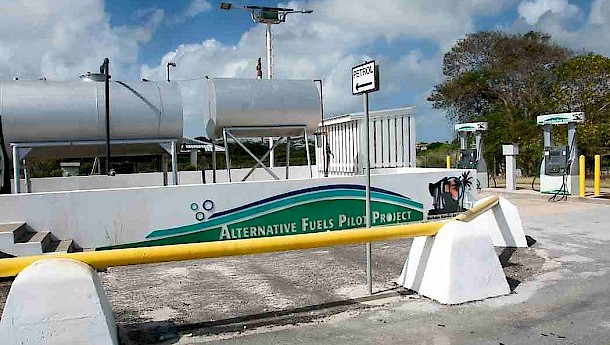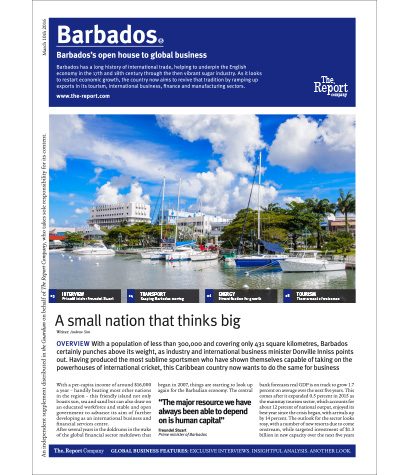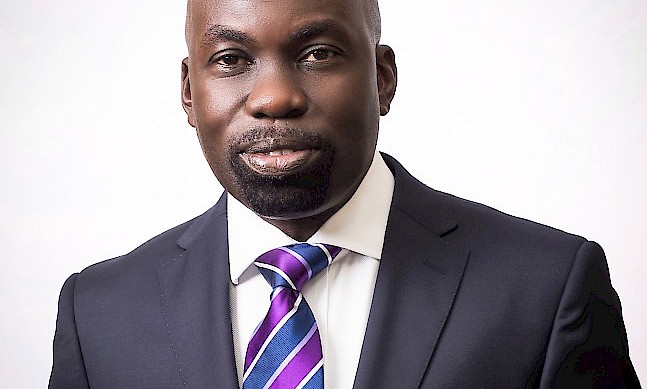The Barbados National Oil Company (BNOC) is taking giant steps to reduce the island’s dependence on oil imports and setting ambitious targets for renewables within the energy mix over the next decade
Barbados is ready to break free from its longstanding dependence on oil imports, which has seen the economy held to ransom by volatile international diesel prices. With electricity costs among the highest in the Americas, economic competitiveness has been hard to sustain, but as the government’s national oil company BNOC looks to diversify its products, a new deal with BHP Billiton to explore offshore reserves has also brought the possibility of becoming a net oil exporter ever closer.
The effort needed to bridge that gap is sizeable. The island’s complex onshore reserves currently account for less than ten percent of consumption, but the Anglo-Australian oil giant has targeted an area of 5,000 square kilometres, up to 2km beneath the Caribbean Sea, on which it will perform 2D seismic surveying.
“Our oil and gas reservoirs are fairly complex but we have produced them efficiently”
Winton Gibbs General manager of BNOC
Post ThisOptimism abounds. “The government signed an exploration contract with BHP Billiton and geologists tell us that the prospects of finding oil and gas are favourable. We believe that while we are a net importer today, in the next six to eight years we are hopeful of changing that status to net exporter,” said Winton Gibbs, general manager of BNOC.
Running alongside that deal is a push to reduce fossil fuels within the overall energy mix, with a target of 29 percent of supply to come from renewables by 2029. Barbados’s generous climate makes solar power a good bet for development, while wind power is also a key area for the transformation of the sector.
Plans for a ten-megawatt solar photovoltaic plant were unveiled last year. By mid-2016, it will supply electricity to 7,700 households with an estimated total saving to the Barbados government of $10 million per year. As it bids to hit that 29 percent target, the government is also opening the island up to become the perfect test-bed for clean energy transitions, with an estimated 125,000 rooftops available for solar installations.
Hydrocarbon hope
If, as expected, BHP Billiton’s seismic surveying of its offshore blocks show significant hydrocarbon reserves, Barbados is poised to transition from net oil importer to net-exporter in the coming decade.
Barbados’s energy mix in numbers
As recently as 2010, largely imported fossil fuels accounted for 100 percent of electricity generation in Barbados, but the country’s future economic growth hinges on lowering that dependence.
2.9m
number of barrels of oil needed each year to meet Barbados’s current energy demands
1,000
approximate number of barrels of crude currently being produced per day by BNOC in Barbados
40km
distance from the Barbados coast to BHP Billiton’s oil exploration blocks in the Caribbean Sea
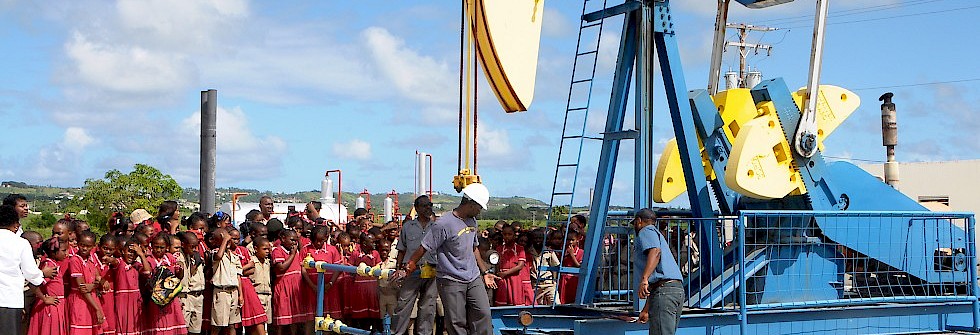 Barbadian schoolchildren tour an oilfield. Photo: BNOC
Barbadian schoolchildren tour an oilfield. Photo: BNOC

